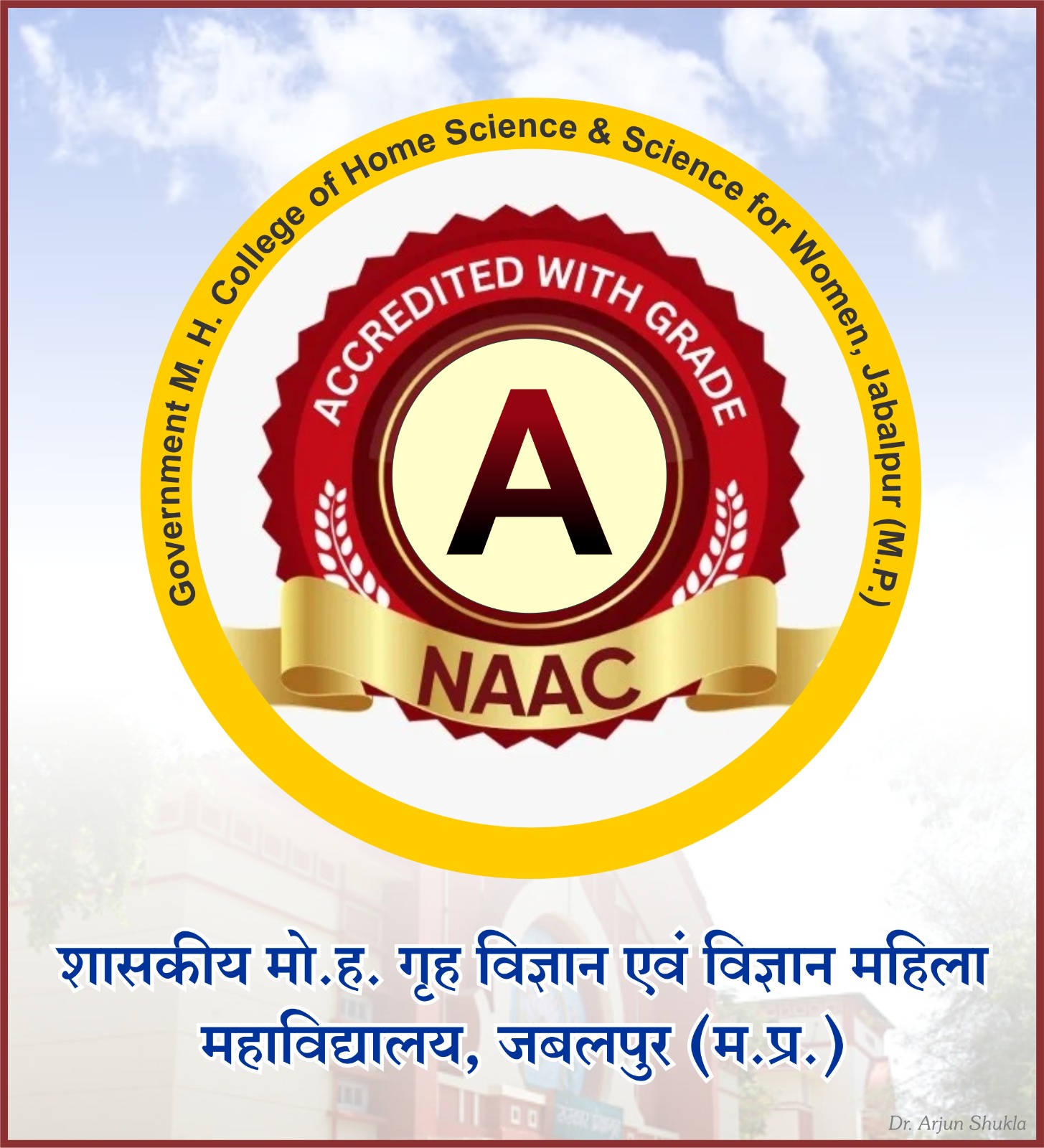Introduction
The Changing social needs and development of new technologies have opened up new communication services leading to automation in industries and offices. Thus to provide students a sound understanding of existing Electronics theory and Computer Devices undergraduate courses in Electronics is run by the Department of Physics. The following courses are run by the department.
- UG Physics, Electronics, Mathematics 1991
- UG Electronics, Computer Maintenance, Mathematics 2006
Vision
Transforming lives through innovative electronics education, empowering students to become pioneers in technology and catalysts for societal growth.
- Empowering Innovation
- Shaping the Future of Electronics
- Transforming Lives through Technology
- Where Electronics Meet Innovation
- Powering Progress, One Circuit at a Time
Mission
- To provide students with a comprehensive understanding of electronics engineering principles and practices.
- To develop students' skills in designing, developing, and testing electronic systems and circuits.
- To foster innovation, critical thinking, and problem-solving skills in students.
- To prepare students for successful careers in electronics related fields.
- To promote social responsibility and environmental sustainability in electronics practices.
- Innovation and Research.
Course Outcomes
- Graduates will possess a solid understanding of electronics engineering principles, including circuit analysis, microcontrollers, and digital signal processing.
- Graduates will be able to design, develop, and test electronic systems and circuits, using industry-standard tools and software.
- Graduates will demonstrate skills in problem-solving, critical thinking, and innovation, with the ability to work effectively in teams.
- Graduates will be aware of the social and environmental implications of electronics engineering and strive to develop sustainable solutions.
- Graduates will possess effective communication and interpersonal skills, enabling them to work collaboratively with professionals from diverse backgrounds.
Curriculum
Basics of Semiconductors &
devices
Electronic Component &
Circuits |
Number System
Application of Transistors |
Digital Electronics
Instrumentation |
Microprocessor & Personal
Computer
Operational Amplifier |
Power Devices & IC Technology
Advanced Microprocessor Liquid
Crystal Display & Electrical Motors
Internship in V Semester. |
| Communication Electronics |
| Electrodynamics and wave guides |
FACILITIES AVAILABLE IN THE DEPARTMENT
- In order to enhance the knowledge and better understanding of Electronics, well equipped electronics lab is run by the department. There are two laboratories having CRO, Function Generators, Electronic Training Boards based on Basic Electronics, Communication Electronics, Power Electronics, OP-AMPS.
- Good library facility.
Visits / Workshops on:
Visit to BSNL, TV Studio , All India Radio , Telecom Training Centre Designing and fabrication of Circuits & Equipment
THE FACULTY MEMBERS
- Dr N. L. Patel-Head of the Department.
- Dr. Ranjana Mishra- Faculty
- Dr. Sandhya Shrivas- Faculty

Electronic Component and their Applications
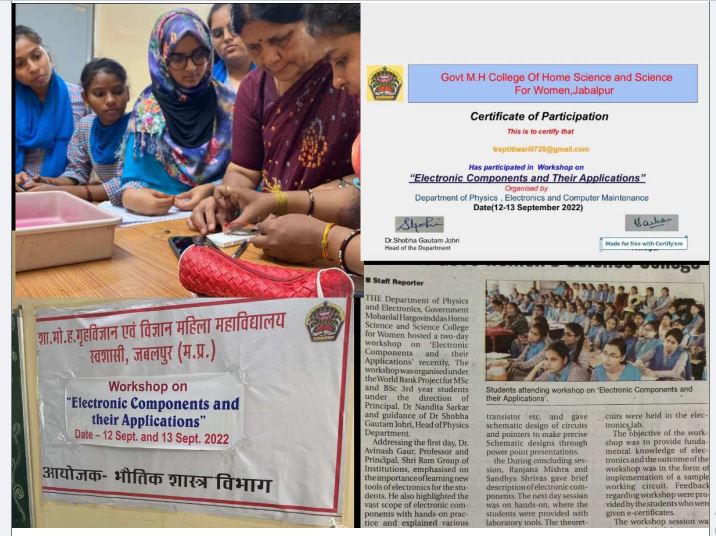
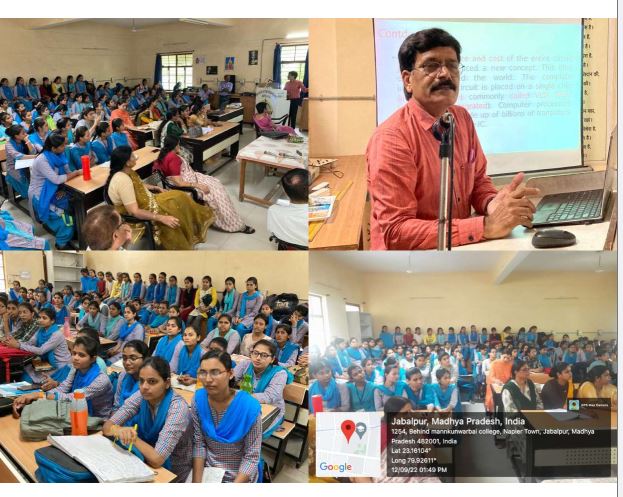
Departmental Activity
Science Day celebration
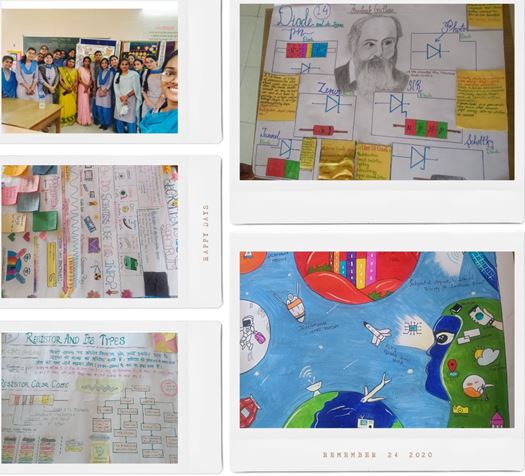
E waste management
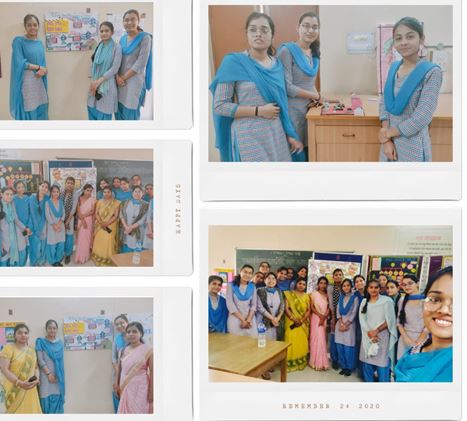
Job Opportunities
- The Graduates can opt for master’s degree in Electronics or Instrumentation Technology. After completion of M Sc the student acquires skills in designing, development, analysis, & application of various types of instruments. Thus they have lots of Employment opportunities in process industries, thermal/biomass, cement, paper & pulp, iron & steel, refineries, petrochemicals, pharmaceuticals.
- As Graduate Trainees/Sales Executives/Sales Representatives in Electronics Industries.

